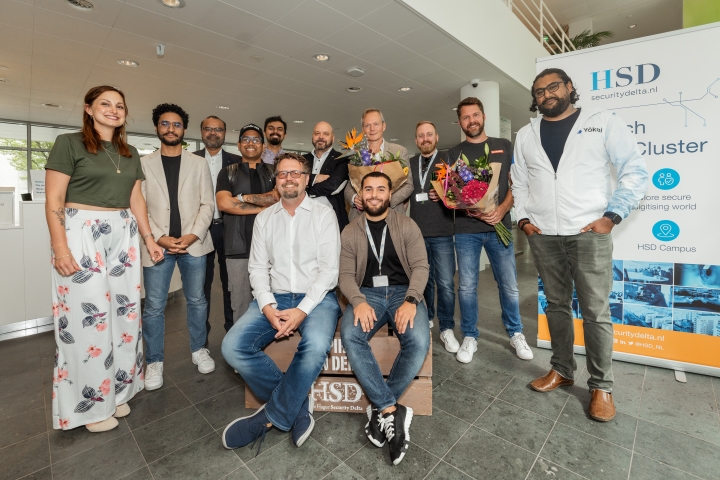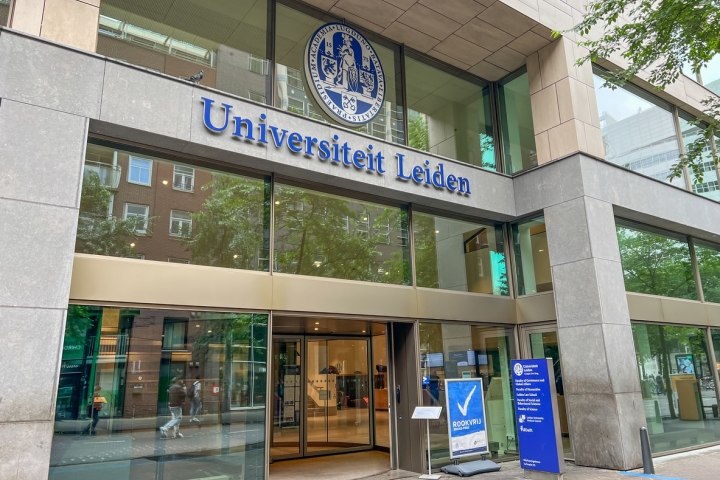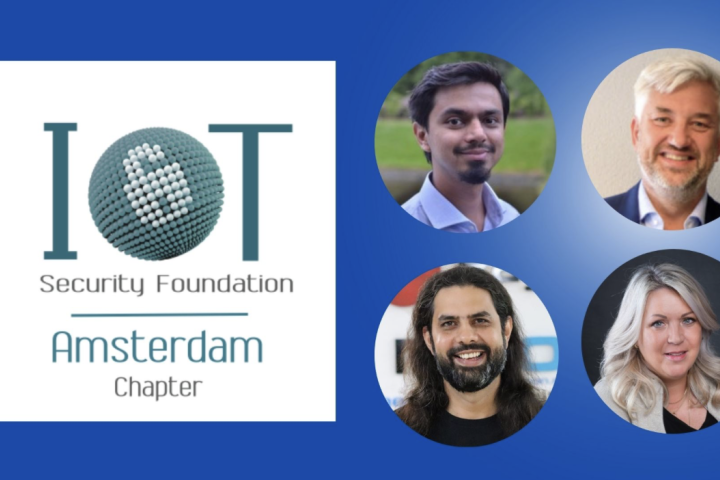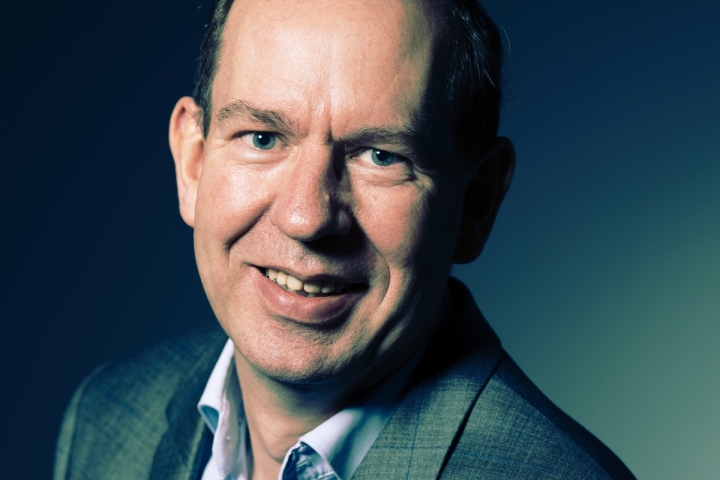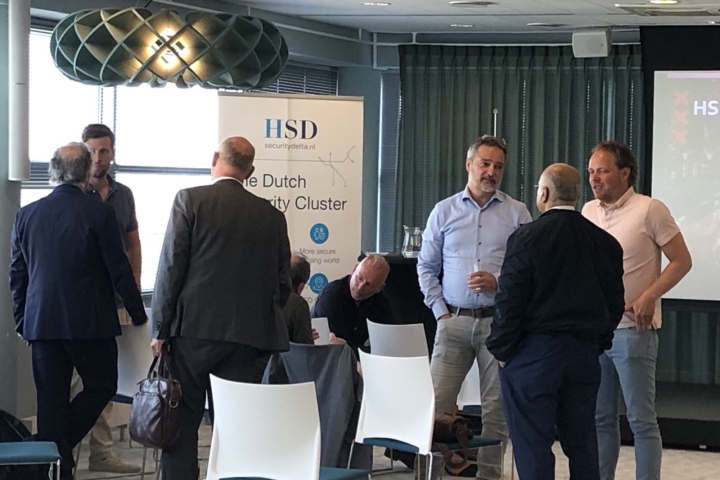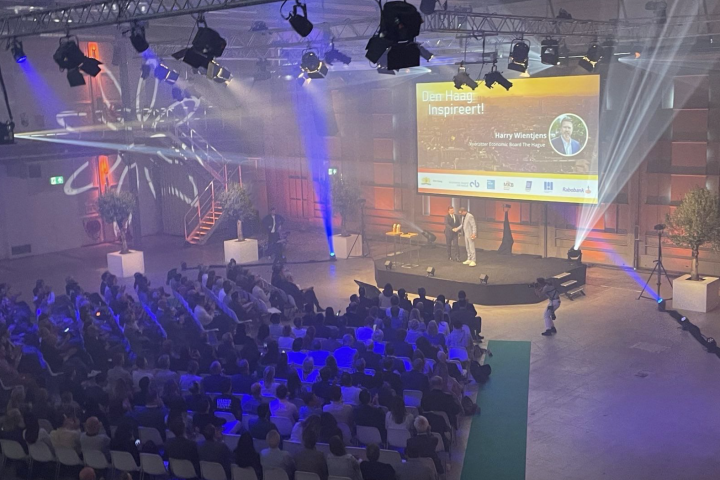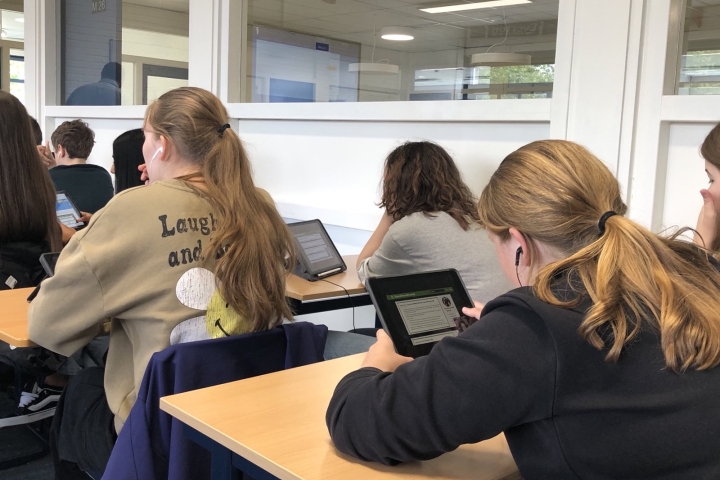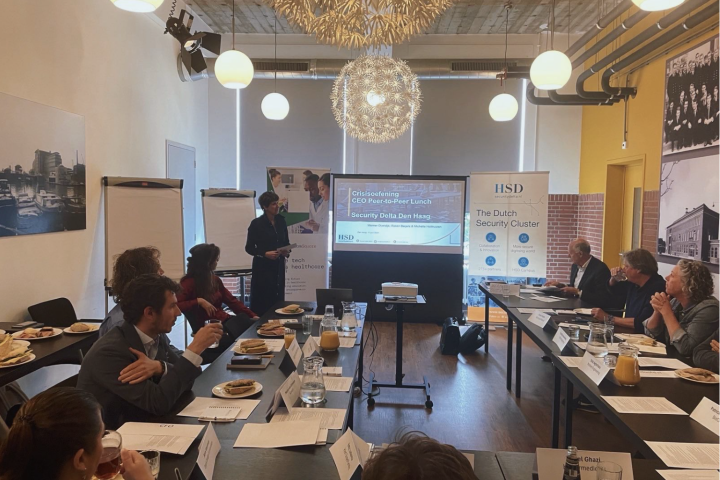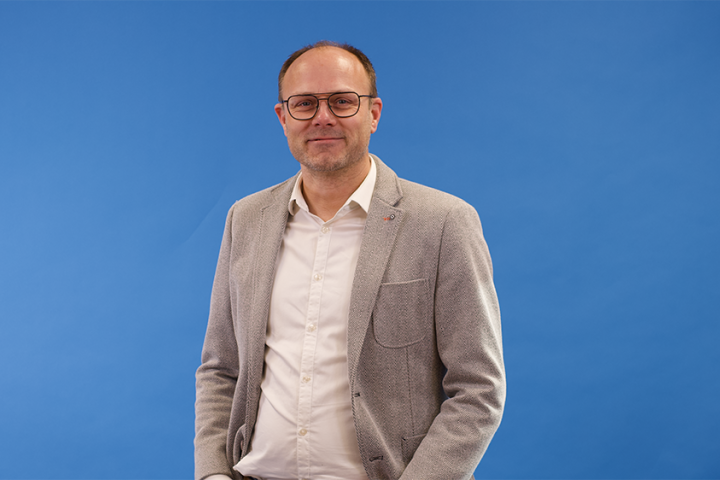Dutch Companies Again Investing More on R&D and ICT
Dutch companies are investing increasingly more on Research & Development (R&D) and ICT. The R&D investments for 2017 were around 4.3 percent of turnover. This is demonstrated by the Erasmus Competition and Innovation Monitor 2017 published by the Erasmus University. This annual monitor is among the largest cross-industry survey in The Netherlands covering various types of innovation.
Investments at highest level
The investments made are at its highest level since 2012, according to figures of the Erasmus University. Investments in ICT increased to 4.8 percent of turnover and the highest level since 2009. Last year respectively 2 and 2.1 percent of turnover was invested on ICT and R&D. According to the Erasmus University these branches are important indicators for Technology Innovation. “Beneficial economic circumstances and forecasts increase the willingness of organisations to invest in Innovation. It is also necessary in numerous sectors”, explains Professor Henk Volberda in a press release about the Erasmus Competition and Innovation Monitor 2017.
“The emergence of new technologies that form the basis of the fourth industrial revolution (artificial intelligence, robotization, internet of things, cloud computing and 3D printing) increase corporate willingness to invest more in innovation. Under such circumstances, innovation is crucial for the survival or prosperity of organisations”.
Human factor unutilised
The Professor warns that Dutch companies should not forget to invest in the human side of innovation - this year companies will spend 2.8 percent less on social innovation. "New earning models and new products and services also demand flatter organizational forms, innovative leadership, new employee skills and smarter ways of collaborating.
Volberda quote an example of a design research lab in Eindhoven where it goes well. Employees are sitting together there in multidisciplinary teams to devise innovative solutions. They are allowed to make failures, as long as they learn from them.
Source: NU.nl






